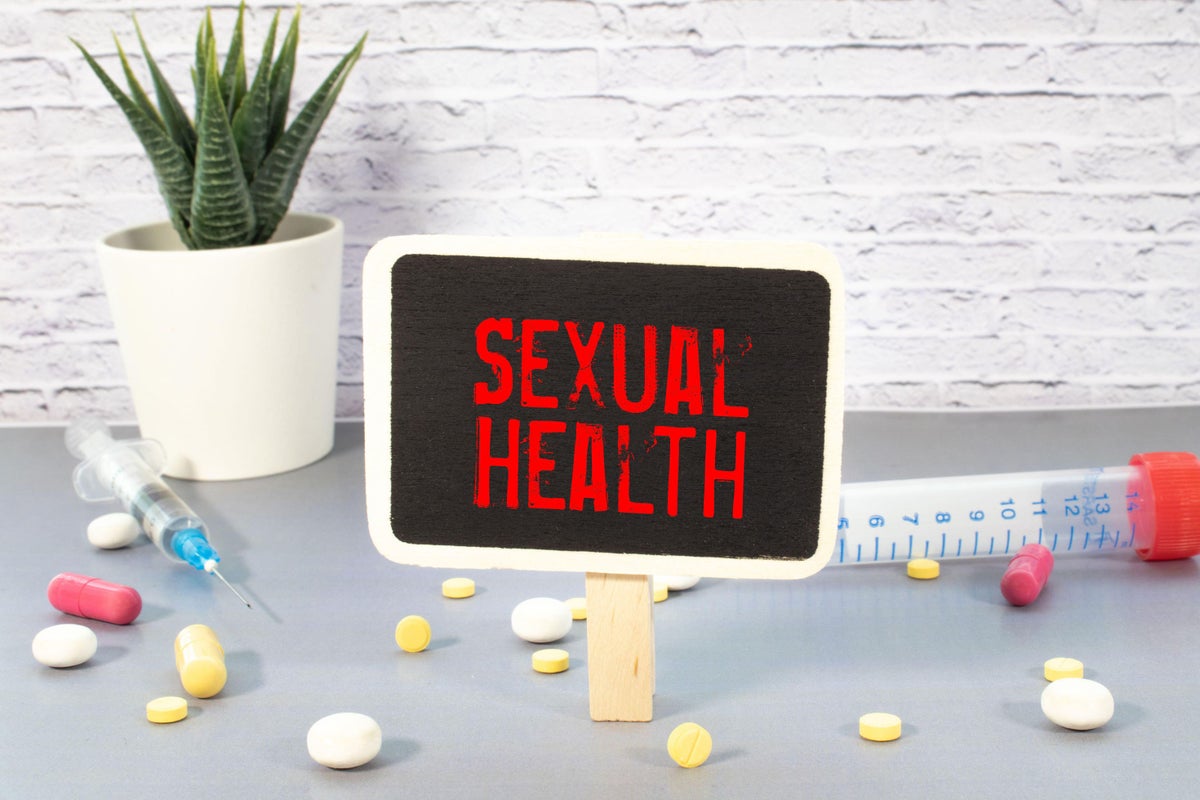
With record levels of gonorrhoea and syphilis cases reported by the UK Health Security Agency, it’s important to take sexual health seriously – and not just for young people.
In fact, the number of common sexually transmitted infections (STIs) among over-65s increased by 20 per cent from 2017 to 2019, according to the Local Government Association.
This is why if you are sexually active, regular testing is necessary whatever your age – even if you don’t have any symptoms.
“Sexual health check-ups are important because STIs can be silent but can also have significant health implications,” says Dr Priyanka Patel, consultant ambulatory gynaecologist at London Gynaecology.
“STIs such as chlamydia can affect female fertility, and STIs such as HIV weaken the immune system.”
To mark Sexual Health Week (September 11-17), Dr Patel talks through some key points about STI screening…
How often should you have an STI check?
“You need to have an STI check whenever you have a new partner, especially if you’re not using condoms, or think you were exposed to an STI,” says Patel.
“Everyone should have an STI screen, including an HIV test, every year if having sex without condoms with new or casual partners.”
Testing is also advised for anyone who develops possible symptoms. These may include unusual discharge from the vagina, penis or anus; pain when peeing; blisters, sores, lumps or skin growths on the genitals or anus; itching or a rash.
What will you be asked at a check-up?
You can find your nearest sexual health clinic via the NHS to book an appointment. Many sexual health services now offer free self-sampling kits to order online for people who don’t have any symptoms and want to do a check-up at home.
“Men may have to hold their urine before testing, but women do not need to do anything in particular to prepare,” Patel says.
“You will be asked about your sexual history, partners, contraceptive use and general health. You will be asked for details about your recent sexual partners and types of sex you have.”
These questions may feel personal or intrusive but are important to ensure the correct tests are done. Remember, taking care of your sexual health is about being safe and empowered and healthcare professionals are there to help.
What tests are done?
“The testing will depend on the answers you give about the types of sex you have,” says Patel. “Vaginal, throat and anal swabs may be done – these will be used to test for chlamydia and gonorrhoea.”
To do this, the clinician rubs a cotton bud inside the area for a few seconds. A blood sample will be taken to test for syphilis and HIV.
Patel continues: “If you have symptoms, then the clinician will usually carry out a speculum examination to look at the health of the vagina and cervix.”
How do you get STI test results?
The way your results are delivered varies between clinics, and they will advise when you should expect to hear back.
“Most will send results via a text message or give you a number to call for results,” says Patel, while some have a ‘no news is good news’ policy, meaning if you don’t hear anything then you’ve got the all-clear.
For home testing kits, you’ll get a notification to say your samples were received and results are usually sent via text message.
“If you test positive for an STI, they will arrange for treatment and offer support,” Patel explains – which goes for both clinic and self-sampling.
She adds: “It’s important to notify partners of any positive results and the sexual health clinic can also assist in anonymous partner notification.”







